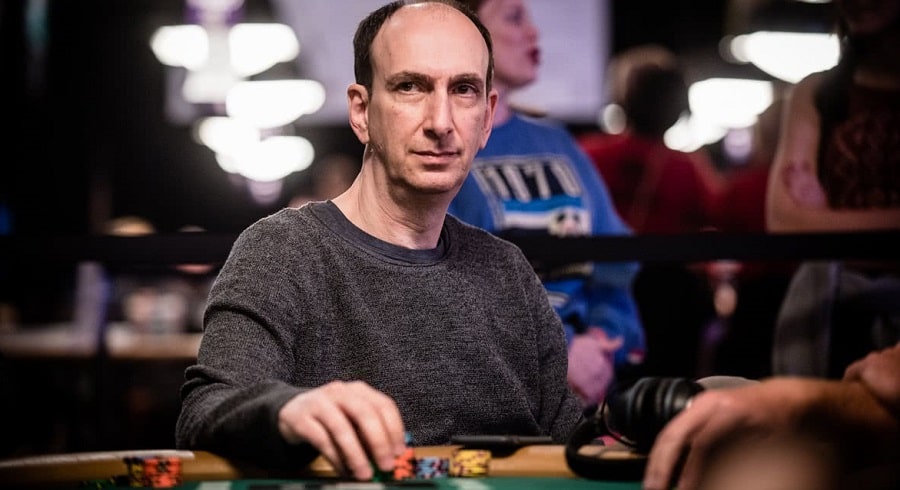
Poker, a game that intertwines skill, strategy, and a hint of chance, can be as casual or as competitive as the players at the table choose it to be. It presents a fascinating evolution for those who transition from playing for entertainment to professional pursuit, and this journey is as much about mindset as it is about mastering the game itself.
A Look at Poker from Different Angles
For many, poker starts as a form of entertainment, a game to be enjoyed with friends over a casual weekend. The stakes are often low, the atmosphere jovial, and the gameplay forgiving. Yet, as players delve deeper into the world of poker, the angle shifts from a purely recreational activity to a complex, intellectually demanding battle of wits.
An Amateur Guesses About the Opponents’ Hands
The amateur poker player approaches the game with intrigue and intuition. They might guess at opponents’ hands based on visible reactions or obvious tells. This initial strategy is grounded in observation, but lacks the analytical depth that comes with experience.
A Beginner Seeks Confirmation of His Guesses
As a player’s interest deepens, so does their desire to understand the game’s intricacies. A beginner might seek to confirm their guesses about opponents’ hands by playing more hands themselves, observing outcomes, and slowly piecing together a more strategic approach.

New Poker Players Repeat the Same Mistakes
It’s common for new players to fall into patterns, repeating the same mistakes as they grapple with the game’s complexity. They might overplay a hand, bluff too frequently, or fail to adjust their strategy to the flow of the game. These repeated mistakes are part of the learning curve, revealing the gap between knowing the rules and understanding the strategy.
How to Think About Ranges Correctly
Professional players are guided by a more sophisticated approach to hand ranges. Rather than guessing specific hands, they think in terms of ranges of hands that an opponent could plausibly hold based on their actions in the game (betting, raising, or calling) and their position at the table. Pros consider factors such as pre-flop action, betting patterns, and an understanding of opponent tendencies to narrow down these ranges. They make decisions based on the likelihood of their hand being superior to the range of hands an opponent might have, not just one possible holding.
Conclusion
The transition from poker amateur to professional is marked by a significant shift in mindset—from the thrill of the gamble to the meticulous analysis of every play. For those who make poker a serious pursuit, it becomes less about guessing and more about calculated, informed decision-making. This evolution from entertainment to professional play encapsulates the true spirit of poker: a game that is easy to learn but takes a lifetime to master.